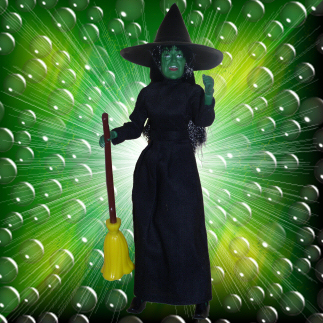
The 3 P’s being the baddies,
Baddie No1: power to publish,
Baddie No 2: power to participate
Baddie No 3: power to choose
We see how over the last decade these sources of power have set about killing off the traditional forms of media. The baddies have done their work and have given the wicked witch the power to create her own news, sitting in her dark and eerie castle she now doesn’t have to wait for the news she can just access it whenever she wants and access the exact piece of news she wants. She can create her own news, she can actually comment on and start a discussion of her own. The wicked witch is in control! She may just as well lock up the traditional journalist in the tower and throw away the key. THE END…
Or is it the beginning of a new tale? Enter the remodelled journalist on his white horse, equipped and ready with the appropriate tools and the adaptable skill base! He’s ready for this new world of sharing and creating communities. As he’s riding along he connects to the internet on his mobile phone and sees that the wicked witch has just used Twitter to release a breaking news headline. She’s also posted a very interesting blog and made friends with the prince on umpteen different social networking sites. They follow and comment on each others blogs and share interesting links with one and other and they all live happily ever after. THE END
Each week I am introduced to more forms of social media sites. It’s an exciting time for us as journalist as long as we keep up with the latest technologies. I still don’t believe that UGC or social media will replace the traditional forms of journalism we have. However, I now understand and appreciate how they can have a symbiotic relationship. Nobody can answer the question about where journalism is heading but as we can see it has and continues to evolve at quite a pace so I’m sure there’ll be many more tales to tell – A new broomstick sweeps clean! “Witch” this space!!!!!!!!
